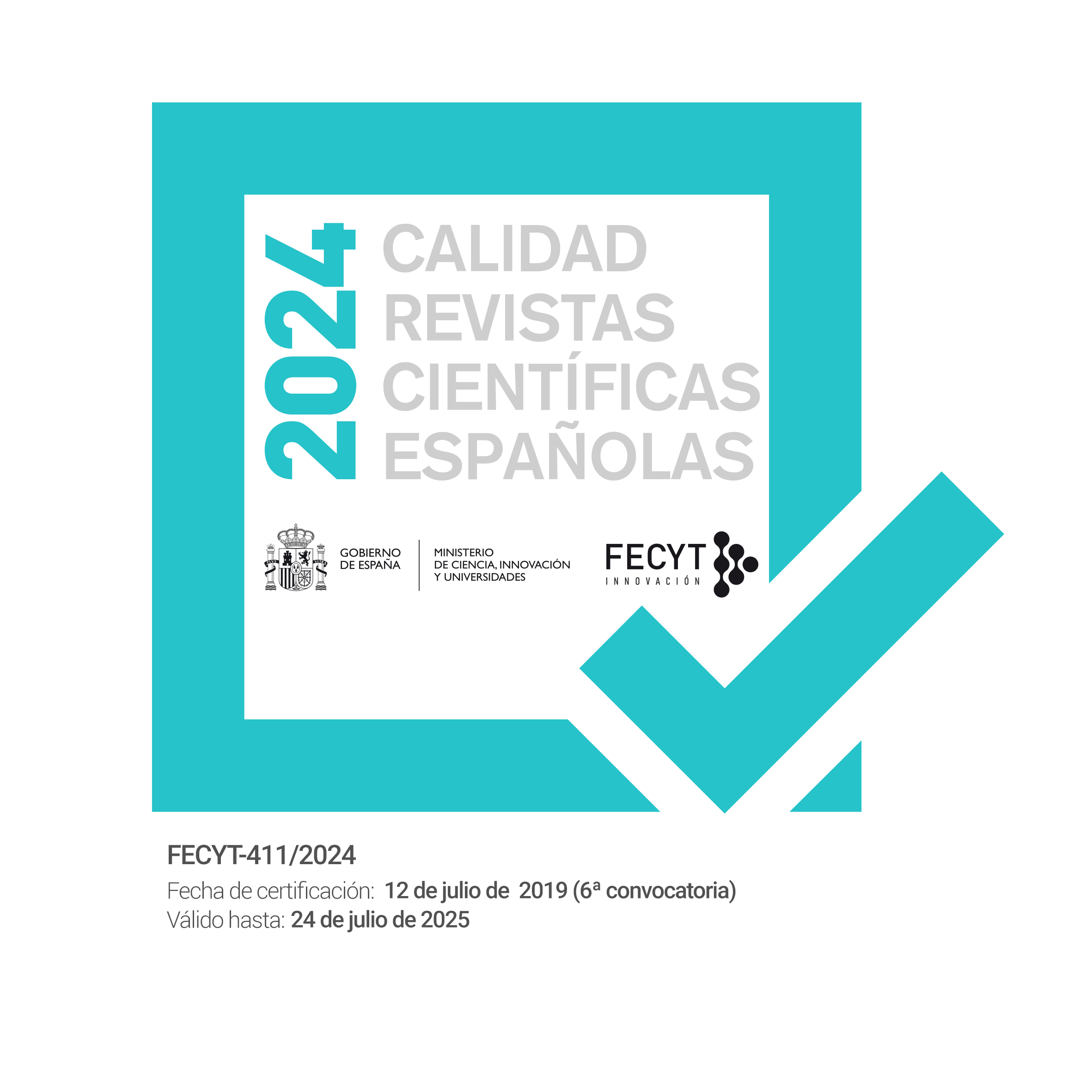Spain Is Not Different. Institutional Development and the Army in the Second Spanish Republic and Civil War
DOI:
https://doi.org/10.53351/ruhm.v5i9.155Palavras-chave:
Institutional development, factions, elites, army, SpainResumo
Title: Spain Is Not Different. Institutional Development and the Army in the Second Span-ish Republic and Civil War
Título: España no es diferente. Desarrollo institucional y ejército en la Segunda República y la Guerra Civil.
[EN] Abstract: This paper studies the role of the army in the Spanish institutional development. Contrary to the idea of the army as a monolithic block or other elites’ agent, I develop a new theoretical framework that relies on three insights. First, the army was an independent political agent with great influence over Spanish institutional dynamics. Second, besides the officers’ ideology, the economic and professional interests of the military influenced the stability of Spanish political regimes. Third, the army was divided into factions with opposed economic and professional interests. I finally summarize the implications of the theoretical framework for the Second Spanish Republic and the influence that the economic interests had on military factions and the side chosen by officers in 1936.
Keywords: Institutional development, factions, elites, army, Spain.
[ES] Resumen: Este artículo estudia el papel del ejército en el desarrollo institucional español. Frente a la idea del ejército como un bloque monolítico o como un agente al servicio de otras élites, planteo tres ideas. Primero, el ejército era un agente político independiente con gran relevancia en la dinámica institucional española. Segundo, los intereses económicos y profesionales del ejército influían en la estabilidad de los regímenes políticos españoles. Tercero, el ejército estaba dividido en facciones con intereses contrapuestos. Finalmente resumo las implicaciones de este marco para la II República y la influencia de los intereses económicos de las facciones militares en el bando elegido por los oficiales en 1936.
Palabras clave: Desarrollo institucional, facciones, élites, ejército, España.
Downloads
Downloads
Publicado
Edição
Secção
Licença
Direitos de Autor (c) 2017 Revista Universitaria de Historia Militar

Este trabalho encontra-se publicado com a Licença Internacional Creative Commons Atribuição-NãoComercial-SemDerivações 4.0.
Licencia Creative Commons Atribución-NoComercial-SinDerivar 4.0 Internacional
Esto es un resumen legible (y no un sustitutivo) de la licencia.
Usted es libre para:
Bajo los siguientes términos:
-
Atribución — Usted debe darle crédito a esta obra de manera adecuada, proporcionando un enlace a la licencia, e indicando si se han realizado cambios. Puede hacerlo en cualquier forma razonable, pero no de forma tal que sugiera que usted o su uso tienen el apoyo del licenciante.
-
NoComercial — Usted no puede hacer uso del material con fines comerciales.
-
Sin Derivar — Si usted mezcla, transforma o crea nuevo material a partir de esta obra, usted no podrá distribuir el material modificado.
No hay restricciones adicionales — Usted no puede aplicar términos legales ni medidas tecnológicas que restrinjan legalmente a otros hacer cualquier uso permitido por la licencia.








